Discover how ancient biblical narratives intertwine with the Israel-Palestine conflict, offering a unique lens on this enduring geopolitical struggle.
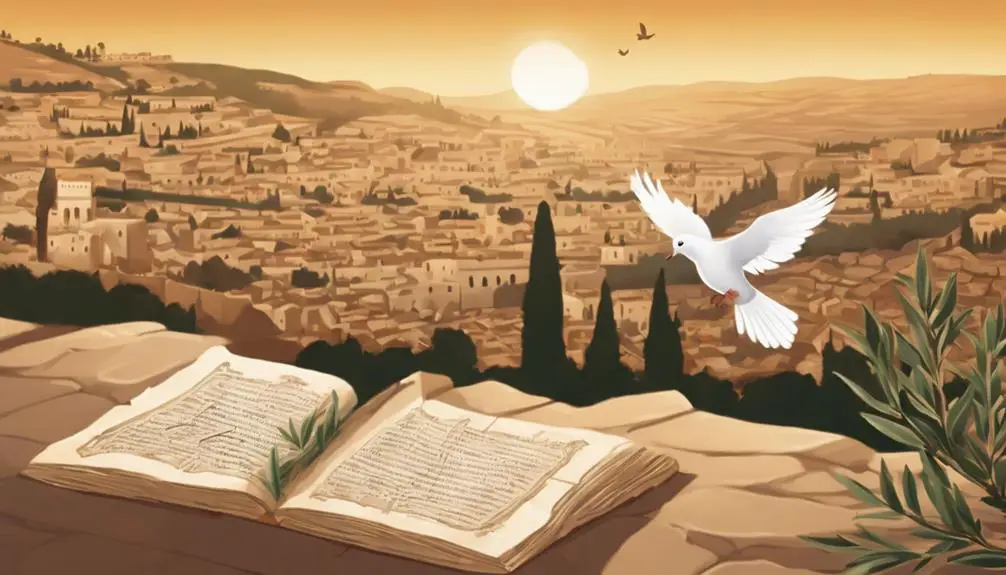
Is the Israel Palestine Conflict in the Bible
While you might think the ancient texts of the Bible don't directly address modern geopolitical conflicts, the historical and theological roots of the Israel-Palestine conflict are deeply interwoven with biblical narratives.
As you explore the scriptures, you'll discover passages that have been interpreted in various ways, influencing both historical events and contemporary debates. The question of whether these ancient writings can shed light on such a complex, modern issue is not straightforward.
However, understanding the biblical context and how it's been interpreted over the centuries could offer unique insights into the enduring struggle over this land. Let's explore what scholars have uncovered about this intricate relationship.
Key Takeaways
- Biblical narratives provide historical and covenantal contexts but do not directly reference the modern Israel-Palestine conflict.
- Theological interpretations of prophetic allegories and divine promises influence contemporary perspectives and actions.
- Complex biblical stories and archaeological evidence offer insights but require nuanced understanding to relate to current tensions.
- Religious beliefs rooted in ancient texts impact modern geopolitical dynamics and peace negotiation efforts.
Historical Context
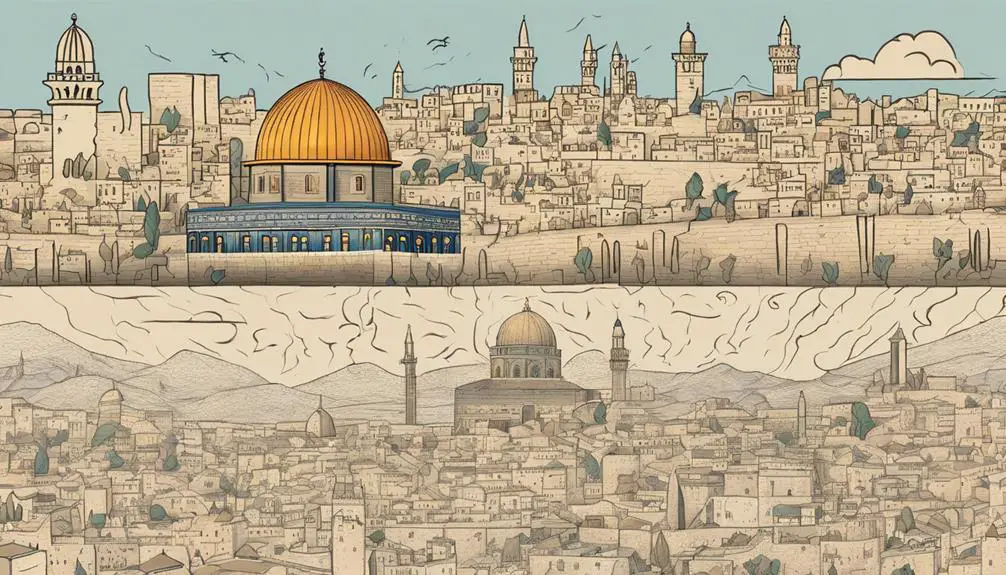
Delving into the historical context of the Israel-Palestine conflict, it's crucial to understand that this centuries-old struggle roots back to ancient biblical times, deeply intertwined with religious, cultural, and territorial claims. The geopolitical origins of this conflict are complex, shaped by millennia of history, where ancient rivalries set the stage for the contemporary disputes we witness today.
These rivalries weren't just about land or resources; they were fundamentally linked to identity and the existential right to exist in a region considered holy by multiple faiths. The area known today as Israel and Palestine has been a crossroads of civilizations, empires, and religions, each leaving an indelible mark on its cultural and physical landscape.
Understanding the ancient underpinnings is key to grasping the modern dynamics of the conflict. The geopolitical origins involve a mosaic of conquests, migrations, and settlements, with various groups claiming ancestral and spiritual ties to the land. This backdrop is essential in recognizing why simple solutions remain elusive and why the conflict, at its core, is about more than just politics or territory. It's a vivid testament to the enduring power of history and identity in shaping human affairs.
Biblical Narratives Explored

Exploring the biblical narratives, we uncover that these ancient texts provide not only spiritual guidance but also historical perspectives that illuminate the roots of the Israel-Palestine conflict. These stories, rich with prophetic allegories and covenantal promises, offer a complex backdrop to understanding modern-day tensions.
Through an analytical lens, let's delve into three key aspects:
- Covenantal Promises: The Bible is replete with references to land and nationhood, particularly the promises made to Abraham and his descendants. This covenant is central to the Jewish claim to the land, a point of contention in the conflict.
- Prophetic Allegories: Prophets like Isaiah and Jeremiah spoke of a future where peace and justice would reign. These visions evoke deep emotional responses, reinforcing the spiritual significance of the land for both Jews and Christians, and indirectly, their perspectives on the conflict.
- Historical Perspectives: Biblical narratives offer insights into the ancient origins of the Jewish people in the land, their exile, and return. This historical account is pivotal in understanding the deep-rooted identity and claims associated with the land.
These elements, when examined, provide a richer understanding of the Israel-Palestine conflict through the prism of biblical history and theology.
Theological Interpretations
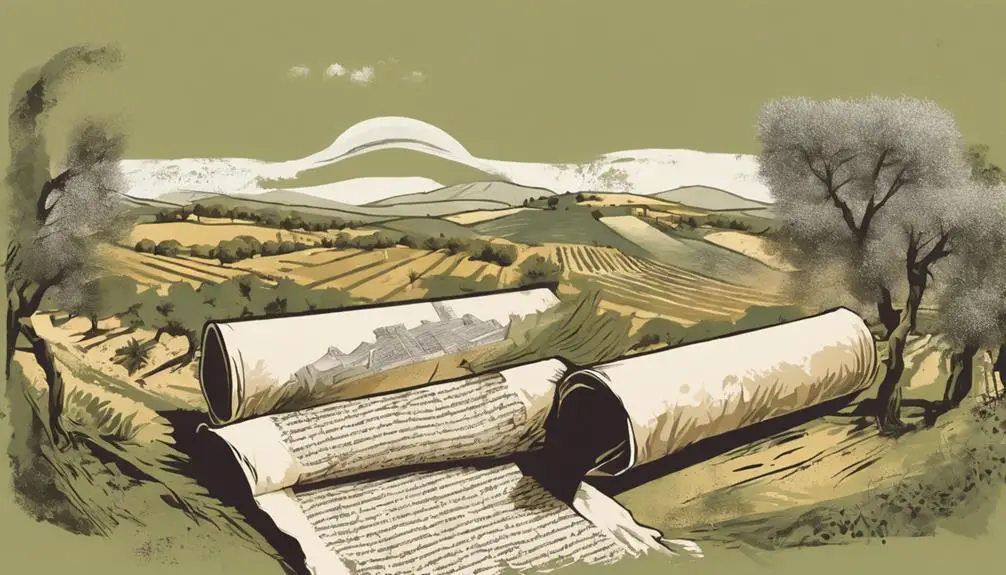
Theological interpretations of the Israel-Palestine conflict illuminate how religious beliefs shape understandings and stances within this enduring dispute. Scholars delve into the biblical texts to unravel divine promises and their implications for both Israelis and Palestinians. You'll find that these interpretations often hinge on complex narratives involving covenants, land grants, and prophetic symbolism, reflecting the deep historical roots of the conflict.
Divine promises, as outlined in sacred scriptures, play a pivotal role in fueling the fervor and conviction on both sides. For some, the land of Israel is seen as a God-given inheritance to the Jewish people, an unbreakable promise that transcends temporal political agreements. This perspective is replete with references to ancient prophecies and covenants made with biblical patriarchs.
On the other hand, prophetic symbolism is employed to argue for justice, peace, and reconciliation, suggesting that divine mandates also encompass the well-being and dignity of all peoples in the region. Interpretations focusing on these elements emphasize a theological vision for coexistence, derived from scriptural themes of mercy, justice, and universal peace.
These theological interpretations underscore the complexity of the conflict, revealing a tapestry of beliefs that inform, challenge, and sometimes complicate the path to resolution.
Modern Implications

Shifting focus, we now examine how these theological interpretations resonate in today's geopolitical landscape, affecting the Israel-Palestine conflict. The historical and religious narratives surrounding this land have long influenced the perspectives and actions of both local leaders and international stakeholders. As you delve into the modern implications, it's crucial to understand the complex interplay between ancient beliefs and contemporary geopolitics.
- Peace Negotiations: The interpretation of sacred texts impacts the willingness of parties to engage in peace negotiations. Beliefs rooted in ancient scriptures can harden positions, making compromise more challenging.
- International Diplomacy: The global community's approach to international diplomacy in the Israel-Palestine conflict is often colored by religious affiliations and historical narratives, affecting the support or condemnation of actions by either side.
- Public Opinion: Theological interpretations can significantly sway public opinion, both within the region and internationally, creating a charged environment that complicates efforts towards a peaceful resolution.
In examining these factors, it's apparent that the theological underpinnings of the Israel-Palestine conflict continue to play a pivotal role in shaping the dynamics of peace negotiations and international diplomacy, demonstrating the profound influence of ancient narratives on modern geopolitics.
Scholarly Perspectives
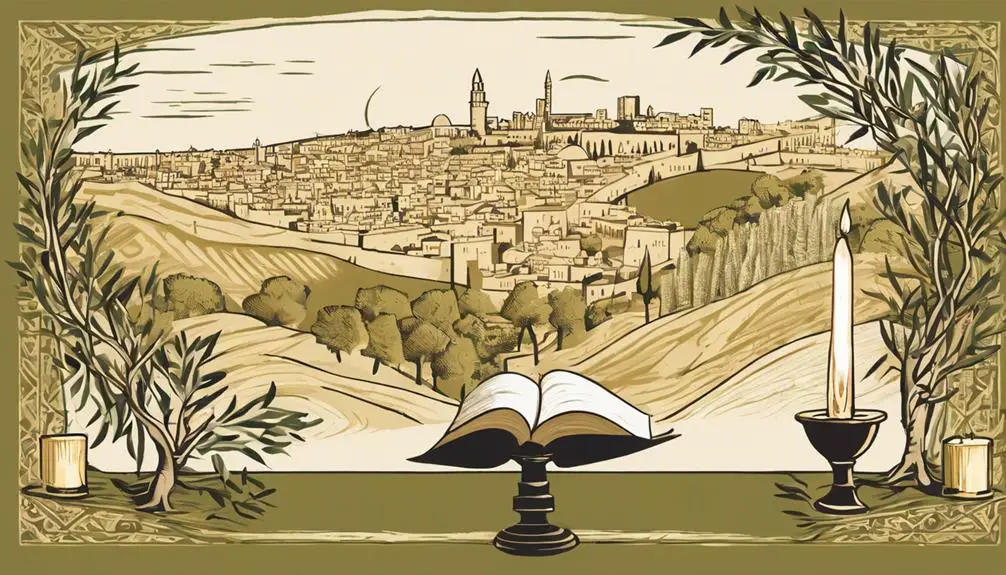
To grasp the depth of the Israel-Palestine conflict, it's crucial to consider the insights offered by various scholars who've studied its theological and historical dimensions. You'll find that archaeological evidence plays a pivotal role in understanding the roots of this conflict. This evidence often challenges or supports traditional narratives found in biblical texts, offering a complex picture of the ancient societies in question.
Scholars have also pointed out the issue of prophetic ambiguity in biblical texts, which complicates interpretations related to the conflict. This ambiguity has led to diverse understandings among scholars, theologians, and followers of the faiths involved. You're dealing with texts that have been interpreted in myriad ways over centuries, contributing to the multifaceted nature of the modern conflict.
Critical analysis by scholars suggests that while the Bible contains references that are relevant to the historical and cultural context of the Israel-Palestine area, direct connections to the contemporary conflict aren't straightforward. Archaeological findings and theological studies highlight the need for caution in directly linking ancient texts to current political and territorial disputes. This scholarly perspective emphasizes the importance of nuanced interpretation and understanding in discussions about the conflict's historical and theological underpinnings.
Frequently Asked Questions
How Do Local Religious Practices Within Israel and Palestine Today Reflect Their Historical Biblical Connections?
You'll find that local religious practices in Israel and Palestine today intricately mirror their historical biblical connections. Modern pilgrimages and religious tourism actively engage with these ancient traditions, underscoring a deep-rooted spiritual heritage.
These practices not only reflect a commitment to preserving history but also highlight the ongoing relevance of biblical narratives in contemporary society. By participating in these rituals, both locals and visitors connect with a past that shapes their present beliefs and practices.
Are There Specific Biblical Prophecies That Followers Believe Are Still to Be Fulfilled in the Context of the Israel-Palestine Conflict?
You're exploring whether specific biblical prophecies, tied to prophetic timelines and apocalyptic scenarios, are believed to still await fulfillment amid the Israel-Palestine conflict.
It's essential to analyze how followers interpret these ancient texts today, considering their deep historical and religious roots.
Scholars often debate the relevance and interpretation of these prophecies, scrutinizing their implications for both current and future geopolitical dynamics in the region.
This examination reveals a complex interplay of faith, history, and politics.
How Do Individuals From Diverse Religious Backgrounds Within the Region Interpret the Biblical History of the Land Differently?
You'll find that individuals from various religious backgrounds interpret the biblical history of the land through diverse lenses, shaped significantly by interfaith dialogues and cultural perceptions.
These interpretations aren't monolithic; they reflect a complex tapestry of beliefs and historical understandings. Such differences underscore the importance of scholarly, objective analysis in navigating these views.
Essentially, the way one perceives the biblical narrative is deeply influenced by their cultural and religious context.
In What Ways Have Artistic Expressions (Literature, Music, Visual Arts) Been Influenced by the Biblical Narratives Surrounding the Israel-Palestine Conflict?
Artistic expressions like modern dance and poetry analysis have been significantly shaped by the narratives of the Israel-Palestine conflict.
You'll find that choreographers often depict the emotional toll and complexities of the dispute through interpretive movements.
Similarly, poets dissect and reflect on the historical and ongoing tensions, offering deep insights and new perspectives.
These art forms serve as powerful mediums to explore and communicate the nuanced layers of the conflict.
How Do Educational Systems Within Israel and Palestine Incorporate or Address the Biblical History of the Region in Their Curricula?
In examining how educational systems in Israel and Palestine address the region's biblical history, it's crucial to delve into curriculum development and educational policy.
You'll find that curricula are shaped by historical narratives, often reflecting national identities and political stances.
Analyzing these educational frameworks reveals a complex interplay of history, religion, and politics, showing how schools become arenas for ideological influence and cultural transmission.
Conclusion
In conclusion, while the Israel-Palestine conflict as we know it today isn't directly depicted in the Bible, ancient narratives and prophecies have been interpreted to provide theological perspectives on the dispute.
Scholars argue these texts offer a lens through which some view the modern conflict, influencing political and social stances.
It's crucial to approach these interpretations with an understanding of historical contexts and an awareness of how they impact contemporary discussions and policies surrounding the Israel-Palestine situation.

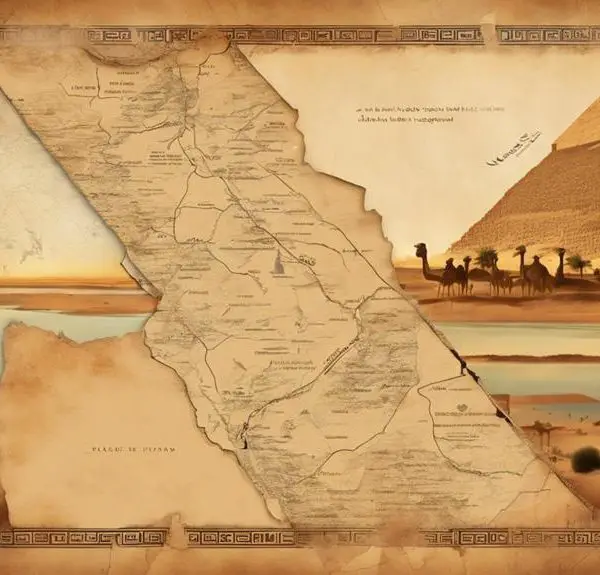

Sign up